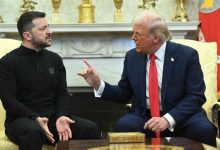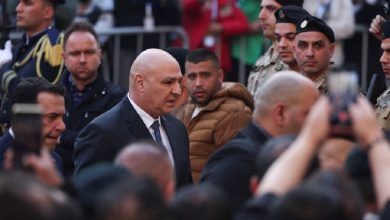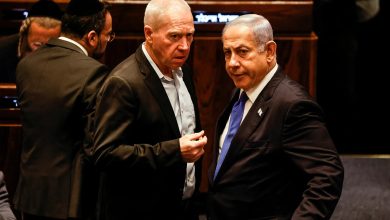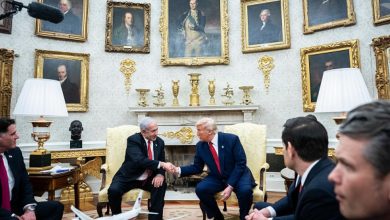Syria’s New Leadership in Secret Talks with Russia: Can Moscow Be Convinced to Abandon Assad?
A confidential meeting between Syria’s new leader and Putin’s envoy reveals negotiations over Russia’s future role in Syria, Assad’s fate, and economic concessions—raising questions about shifting alliances.
Watan-Reuters has uncovered details of a secret meeting between Ahmad Al-Sharaa, the leader of Syria’s new administration, and Russian President Vladimir Putin’s envoy to the Middle East. The two sides discussed the future of Russia’s presence in Syria following the fall of Bashar al-Assad.
The meeting, which lasted over three hours, focused on three key issues proposed by the new Syrian leadership: writing off Syria’s accumulated debt to Russia from Assad’s era, recovering Syrian funds frozen in Moscow, and the handover of Assad to the new government—an idea that was firmly rejected by the Russian side.
According to informed sources, Moscow remains committed to maintaining its military presence at the Hmeimim Airbase and the Tartus naval port on the Mediterranean, viewing them as crucial pillars of Russian influence in the Middle East and Africa. Russian officials also warned that any withdrawal from these bases would make Syria more vulnerable to Turkish expansion in the north, something Moscow is determined to prevent.
On the other hand, Al-Sharaa believes that Syria’s new administration needs a strong partner to help stabilize the country internally and rebuild its international relations. With some Western sanctions on Damascus easing, cooperation with Moscow remains the most practical option, especially given Russia’s continued support in providing Syria with fuel, wheat, and military equipment.
This meeting comes at a time of growing regional complexities: Israel continues its airstrikes in the south, Turkey maintains its military presence in the north, and the U.S. remains stationed in northeast Syria, making the conflict a multi-front struggle with competing powers.
The key questions now: Can Syria’s new leadership convince Russia to abandon Assad? And could Russia, once a foe, become a strategic ally of the new Damascus?






